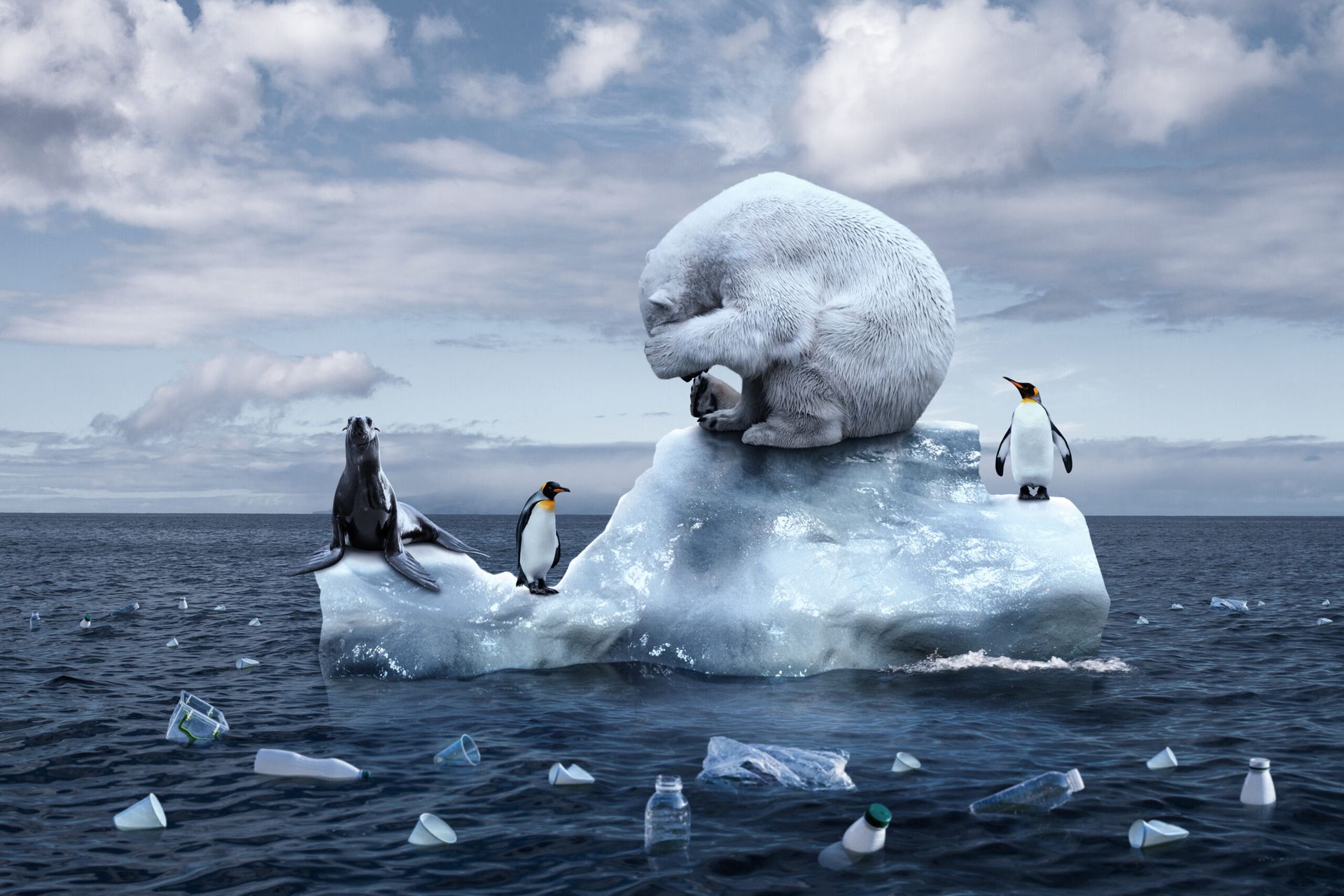A few days ago, the 27th Conference of the Parties (COP27) to the United Nations Framework Convention on Climate Change came to an end. According to the participating agents, in this edition hardly any significant agreements have been reached and the Member States have made it clear just how difficult it is in the current international context to achieve consensus on the lines to be followed in the fight against climate change. It seems that it will have to be the companies that have to make a path towards sustainability, in many cases without a clear roadmap, and with the responsibility of complying with the proposed objectives.
One of the few measures that has come out of this conference has been the approval of a resolution for the creation of a fund that will be destined to finance the climate damages that are affecting, the countries most vulnerable to the effects of global warming. However, there are still many details to be specified such as the amount that will be allocated to this fund and the way in which the payment for the losses and damages caused will be made.
As reported by Bloomberg, the countries have agreed that those nations that emit the most emissions will also contribute to the fund. Key data significant to this measure: in 2021, China emitted 31% of the total CO2; the EU, 7%; India 7.2%, but rising almost exponentially; while the whole of sub-Saharan Africa, excluding South Africa, contributes less than 1%.
What was clear was that this latest edition of COP was not seen as a priority for international governments. The focus of COP has been on experts, civil society organizations and energy-related companies.
In the absence of a clear consensus on the way forward, companies have started to work together in areas of common interest. One example is BCorp, a community of companies that seek to be not only the best in the world, but also the best for the world, and whose objective is to build a more inclusive and sustainable economy. As BCorp explains, “companies are one of the biggest contributors to the climate crisis and yet they are also among the most important actors in the search for solutions”. At APPLE TREE we wanted to be part of this movement and we have just been included in this select group of organizations that work for the common good, in three key aspects: social, environmental and organizational.
As such, in the midst of the climate emergency and as part of the evolution of B Corp standards, the specific requirements around climate action and environmental management are two of the 10 topics that are proposed to be non-negotiable for all companies hoping to be certified.
COMMUNICATING SUSTAINABILITY, A MAJOR CHALLENGE FOR COMPANIES
The demands of governments and society in general regarding the commitment of companies to sustainability are posing a challenge for organizations. Following the standards of governments and legislators when communicating on these parameters and at the same time knowing how to communicate the impact of these policies to society in general and consumers, is proving to be more complicated than it seems.
According to KPMG, 68% of consumers do not believe the messages and promises made by companies and two out of three companies are already analyzed by ESG analysts once or several times a year, who judge and evaluate the sustainable performance of organizations.
Communication plays a fundamental role in the world of corporate sustainability because it enables companies to inform their audiences and create mutual understanding. Among other things, communicating sustainability allows the public to be aware of how the products offered to them will meet their needs while addressing economic, social and environmental issues.
A NEW FRAMEWORK FOR COMMUNICATING SUSTAINABILITY, THE ESGs
In recent years companies have signed up to different models to communicate their commitment to sustainability, such as the UN Sustainable Development Goals (SDGs). And more recently, companies are looking for ways to communicate their ESG reports to their different audiences (investors, employees, consumers, partners…). This is the new challenge. At APPLE TREE we have taken the lead with the launch of a specific communication area dedicated to sustainability communication for clients who want to communicate in a creative way that connects with people.
For Patricia Meso, director of the area: “Sustainability communication has become an imperative for companies, both from the point of view of the regulator and the consumer. It is not enough to do things well, you also have to know how to tell the story in a way that connects with different audiences. This requires creativity, innovation and, of course, a strategic vision, so that this effort can materialize in an improved corporate reputation for companies”.
A SOCIETY INCREASINGLY COMMITTED TO ENVIRONMENTAL SUSTAINABILITY
As we have seen with this past conference on climate change, society is once again demonstrating its interest in a more sustainable world and options that respect the environment. Therefore, although no concrete agreements were reached at COP, companies cannot turn their backs on greater environmental awareness on the part of their consumers.
According to the Global Sustainability Survey 2022, prepared by Simon-Kucher & Partners, 75% of respondents say they have changed their purchasing habits over the past year, at least moderately, to be more sustainable. The sustainable consumer movement is unstoppable and brands that do not get on board will – unfortunately – have a very short life, or at least lose a very strong competitive advantage over their competition.
Young people have been the protagonists of the movement against climate change and this is also reflected in the way they consume. The rise of second-hand fashion is just the tip of the iceberg of an unstoppable consumer shift. Generation Z is debunking all the myths about fashion and sustainability. Thus, applications such as Vinted – which already has more than 6 million users in Spain – are changing the way the new generation of customers consume.
Sustainability has become an indispensable requirement for new generations, something that brands will have to incorporate as essential if they want to remain relevant.


